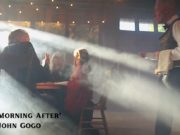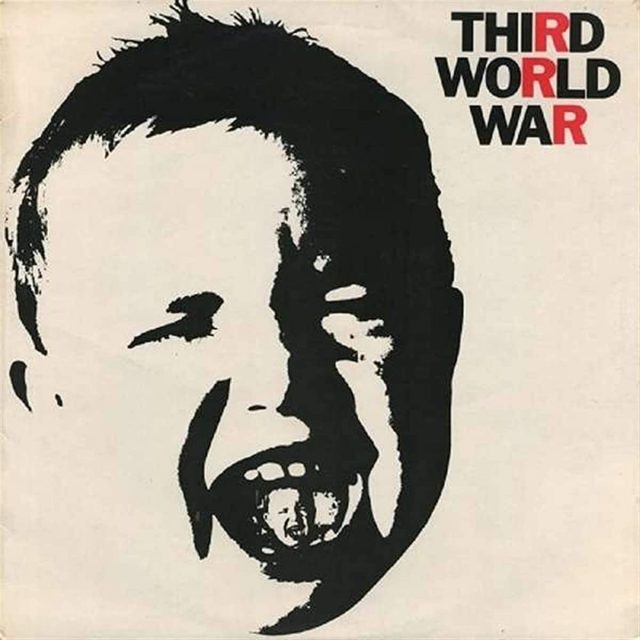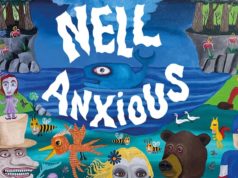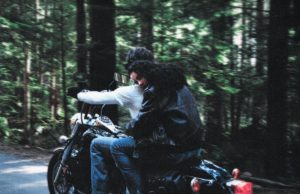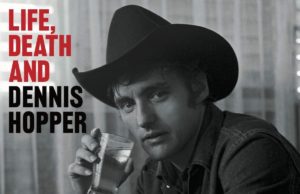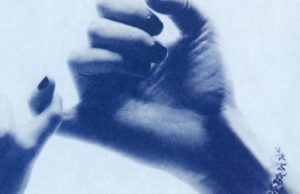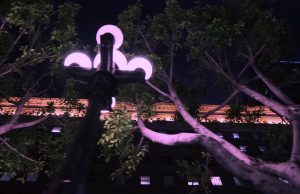 I laid my stack of bargain bin LPs down on the counter and waited for the record store clerk to write the titles down and tally them up — six albums, $20. As I waited I spotted a rather striking, unknown album on an overlooked floor-level overstock shelf.
I laid my stack of bargain bin LPs down on the counter and waited for the record store clerk to write the titles down and tally them up — six albums, $20. As I waited I spotted a rather striking, unknown album on an overlooked floor-level overstock shelf.
The stark white cover featured a high-contrast photo collage of a screaming toddler, with the same screaming toddler in its mouth. A little reminiscent of the collage art print accompanying the Octopus single by Syd Barrett, showing a mouth inside a mouth, inside a mouth inside a mouth.
The only text on the cover: Third World War. I grabbed it and flipped it over, scanning it for hints as to the contents or even just the style of music. I found the words “chopper guitar” and no reference to strings and the only reference to saxophone was that the arrangements were by Bobby Keys. There was no price tag, but I got it for $5. Discogs says this German pressing in VG+ is worth in excess of $100. Score! Unless it’s good — then I have to decide whether or not to keep it or sell it.
As it turns out, the album is not only good — it’s great, and fascinating, and on Spotify to boot. I cranked it all the way to work from the record shop, and then sat in the parking garage blasting it and favouriting seven of the nine tracks. It ain’t for sale. I suspect the reason the album is on Spotify is because a remaster was issued in 2015 — but only on CD. Aside from the 1971 original pressings, a handful of unofficial pressings, the only reissue on vinyl happened in 1979 on the U.K.’s Pye affiliate label Cube Records. Mine is on Polydor, and it’s near mint. So it’s rare. Goddamn.
Musically, this is a concerted effort to make a blue-collar album. Engineer Phil Brown (brother of English-born Canadian producer Terry Brown, whose resume includes Jimi Hendrix, Stampeders, Rush, April Wine, Klaatu, Max Webster and (ugh) Moist) was sick of the peace movement. He’s quoted as saying he wanted “a no-bullshit, working-class band,” and that he’d “had enough of all this pseudo peace crap.” Seems Brown and producer/manager Jon Fenton were successful. Some consider this England’s first punk album.
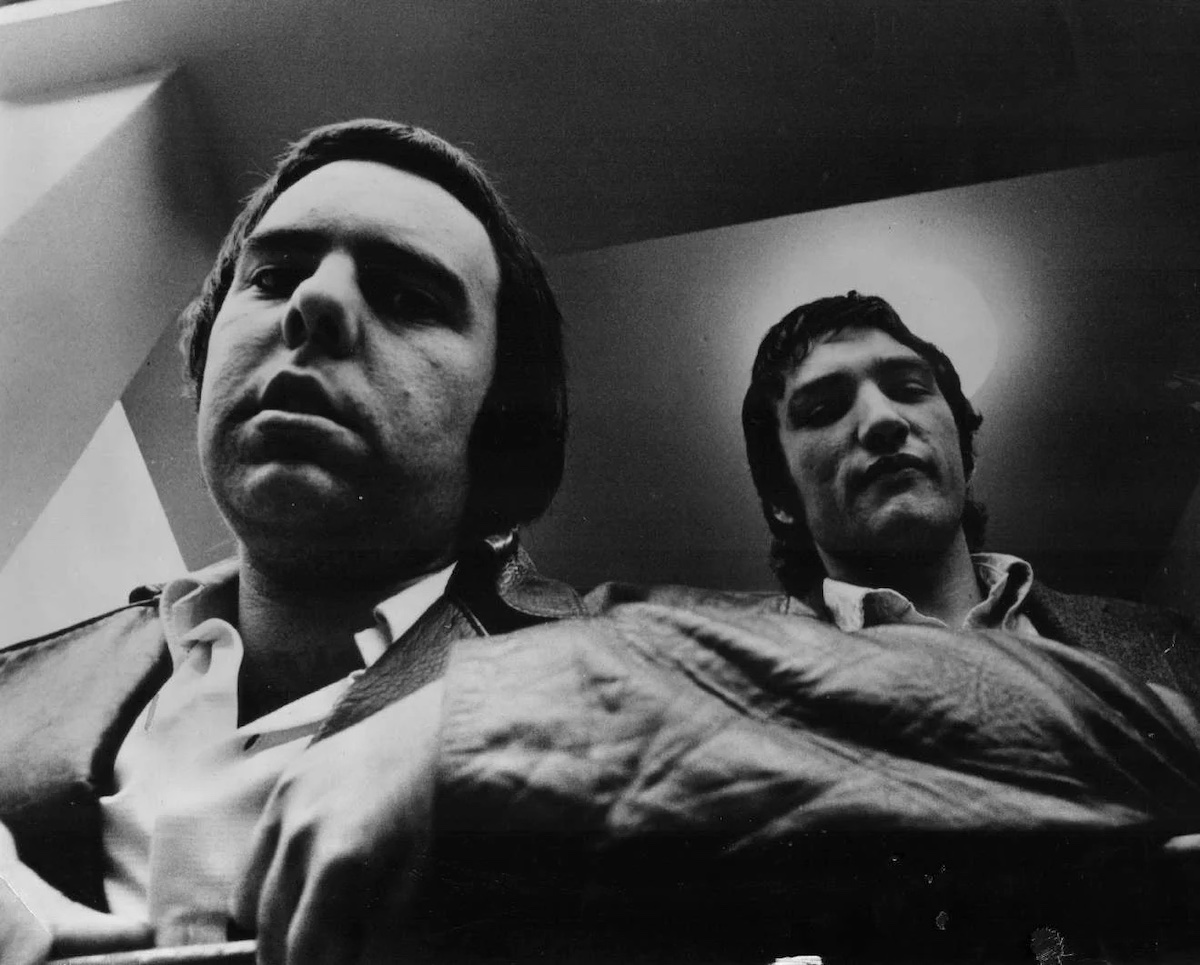
Fenton formed the band in 1970 with songwriters Terry Stamp (chopper guitar/vocals) and Jim Avery (bass). The signing allowed Stamp to quit his job as a truck driver, while Avery moved into Fenton’s flat in Knightsbridge.
It was also Fenton who came up with the name and decided on the working-class direction and hard rock tone.
With Australian lead guitarist Mick Leiber (later Liber) and drummer Fred Smith, the foursome set up at London’s Island Studios on Basing Street and recorded the debut album from September to November 1970. They had the basic tracks done in two weeks. Session keyboardist, the late Tony Ashton (Paice Ashton Lord) is on several tracks, while the aforementioned Keys and Jim Price take care of horn duties and the arrangements thereof.
Like me with my first Area Resident album, neither the band nor the music had ever been heard live before it was recorded. They put an album out and THEN looked for their first gig. Love it. Also love that they tweaked the lineup slightly and hit the road to Finland, where they played 35 shows in 30 days. This touring version of the band made a followup album in 1972 and split after the label decided there was no money to be made from Third World War.
This album is legendary as far as I’m concerned — shoddy recording which varies in quality. Brilliant and powerful, unpretentious songwriting with lyrics about shift work, political violence, fightin’, drinkin’ and one-night stands. A raw and bombastic sound with unpolished, rookie lead vocals. Blues-based, hard-rock proto punk. It was recorded live off the floor with mistakes left in.
Some critics didn’t get it. Melody Maker went to watch the band open for Mountain on May 23, 1971. “They are the worst band I have ever heard. At one point I felt like soaking myself in vodka, setting myself alight and flinging my body from a balcony in protest,” wrote Roy Hollingworth.
The singles from the record, Ascension Day and A Little Bit Of Urban Rock/Working Class Man didn’t get airplay, nor did they get the consolation prize of being banned. The money just eventually ran out. If only they’d waited five six more years to make their debut, they might even be a household name. Essential. 4/5
• • •
Area Resident is an Ottawa-based journalist, recording artist, music collector and re-seller. Hear (and buy) his music on Bandcamp, email him HERE, follow him on Instagram and check him out on Discogs.













